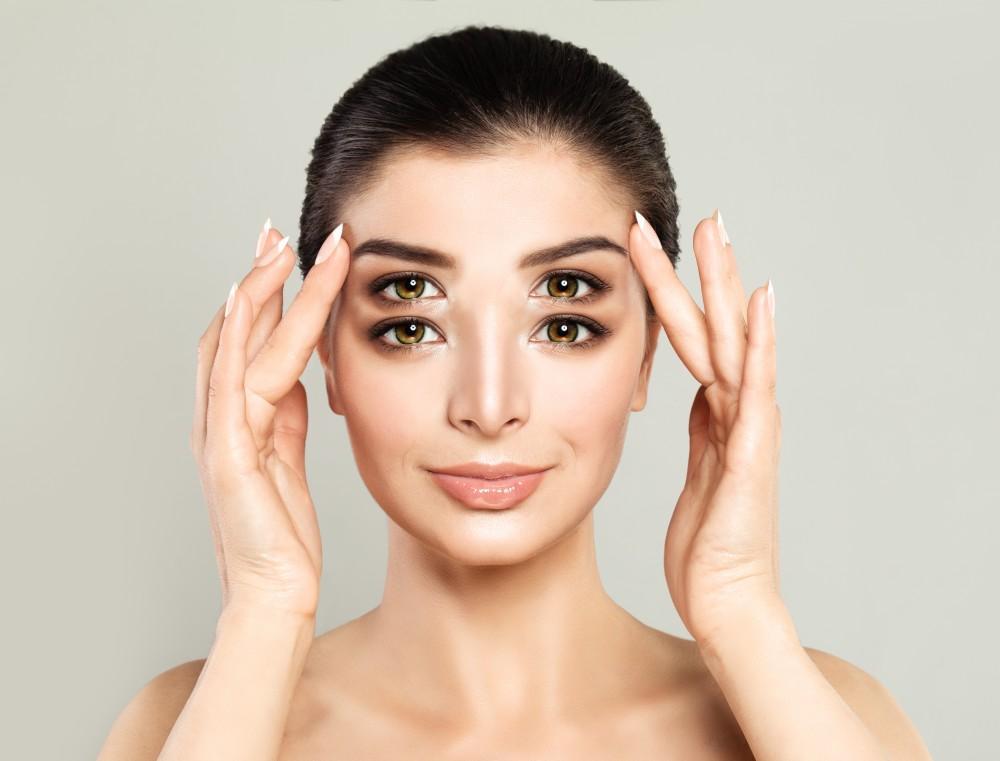
6 Skills Sports Vision Enhancement Can Improve

Athletic success often hinges on a player's ability to perceive, process, and react to visual information quickly and accurately. This ability is known as sports vision, and it plays a crucial role in the performance of athletes across disciplines.
Sports vision enhancement involves training and improving visual skills to give athletes a competitive edge. It’s a service our experts at Maryland Eye Care Center proudly offer at locations in Silver Spring and Hyattsville, Maryland.
Below, our team explores six essential skills that sports vision enhancement can significantly improve, so you can enjoy better on-field performance.
What to expect with sports vision enhancement
Sports vision enhancement at Maryland Eye Care Center is a structured training program to improve visual skills and abilities. The process starts with a comprehensive assessment of your visual performance to identify strengths and areas that need improvement.
Your program includes specialized exercises and drills to target specific visual skills, such as:
- Hand-eye coordination
- Visual tracking
- Depth perception
- Peripheral vision
- Visual reaction time
- Visual concentration
These exercises may involve tracking moving objects, reacting to visual stimuli, practicing visual focus and concentration under simulated game conditions, and more. As you progress, the difficulty and complexity of your exercises may increase to challenge your visual system further.
Over time, you notice improvements in your visual acuity and perceptual abilities, which can translate into enhanced performance and a competitive advantage in your sport.
6 skills sports vision enhancement can improve
Sports vision enhancement can improve the following:
1. Hand-eye coordination
Racket sports and playing catch can improve your hand-eye coordination, but so can sports vision enhancement. You need good hand-eye coordination especially when you’re swinging a bat, catching a ball, or serving a tennis ball.
2. Visual tracking
Imagine watching a hockey puck slide across the ice and into the goal. To do this, you use visual tracking, which is your ability to follow moving objects accurately with your eyes.
3. Depth perception
Depth perception allows you to judge distances accurately, a necessary skill whether you’re an athlete or not. Having good depth perception helps you, for example, gauge the distance between yourself, your teammates, and your opponents.
4. Peripheral vision
When you’re playing sports, you must know what’s happening around you. To do that, you need good peripheral vision. Peripheral vision refers to your ability to see objects and movements along the outer edges of your visual field, even if you’re not directly looking at them.
5. Visual reaction time
From the moment you see the soccer ball headed your way, your eyes send messages to your brain to react. That’s called visual reaction time, defined as the time it takes to respond to a visual stimulus.
Visual reaction time is often much slower than auditory reaction time. That means you may react even slower if you can’t hear the object (like a ball flying through the air). Improving this skill is important because faster reaction times lead to quicker decisions and responses during games.
6. Visual concentration
Maintaining focus is crucial in sports, especially in high-pressure situations. Sports vision enhancement can improve your ability to concentrate on relevant visual cues 一 such as the ball the pitcher is about to throw 一 while blocking out unnecessary visual distractions.
Take your game to the next level
If you’re looking to give yourself a competitive edge, sports vision enhancement may be the tool you’re looking for. When you’re ready to schedule your sports vision enhancement consultation, call the office nearest you or book your visit online.
You Might Also Enjoy...


What Can Cause Double Vision?

My Vision Is Suddenly Blurry: Is This an Emergency?

5 Tips to Protect Your Vision from Digital Eye Strain

/assets/docs/442641.png)
/assets/docs/442638.png)
/assets/docs/442639.png)
